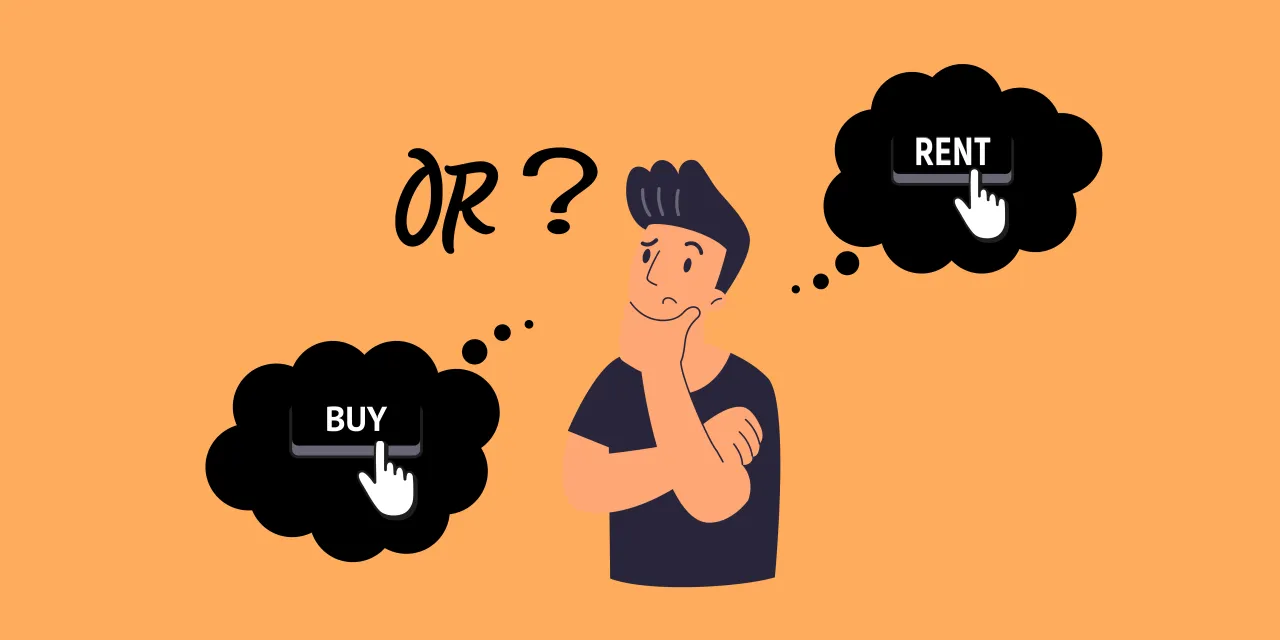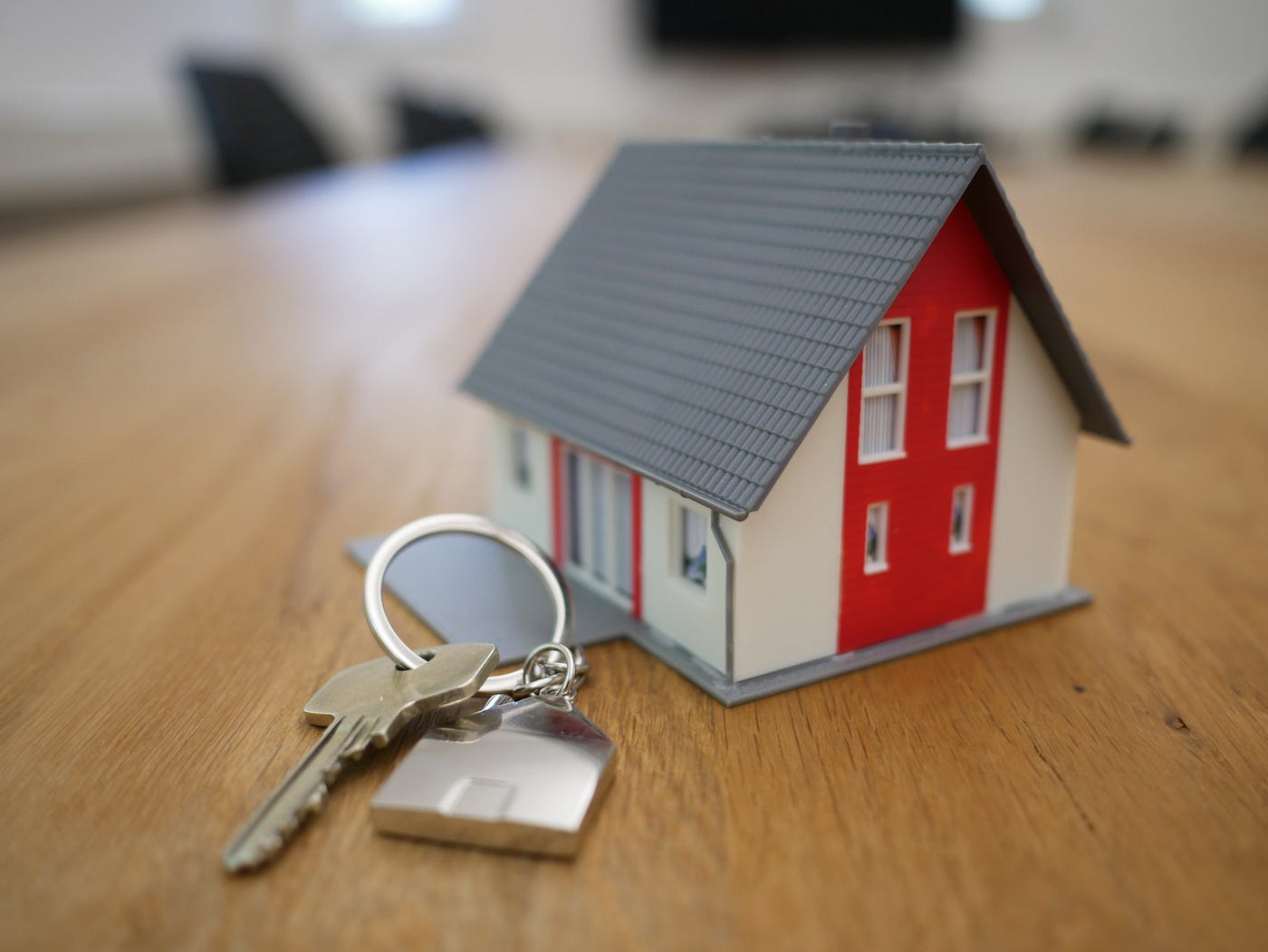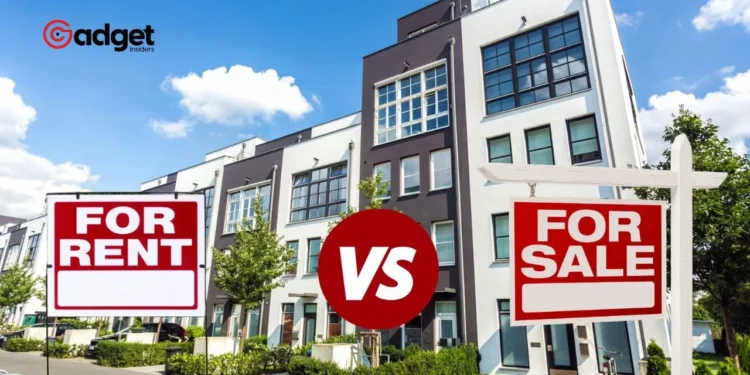In the current economic climate, deciding whether to rent or buy a home presents a significant financial and lifestyle choice for many Americans. As housing prices continue to rise, and mortgage rates maintain their elevated positions, potential homeowners are caught in a dilemma.
The question of affordability looms large, with Bankrate’s recent analysis revealing that in all of the top 50 U.S. metros, renting is currently the more cost-effective choice.

The Economics of Renting vs. Buying
According to Bankrate, the typical monthly mortgage payment of a median-priced home in the U.S. is $2,703, as of February 2024, compared to the national typical monthly rent which stands at $1,979.
This shows a stark 36.6 percent difference, favoring renting over buying. This gap is even more pronounced in high-cost metros like San Francisco and San Jose, where the buy-to-rent ratios soar to 180.7% and 162.3%, respectively.
In contrast, cities like Detroit and Pittsburgh offer much smaller discrepancies, making the transition from renting to owning a more feasible option for residents. These findings suggest that while the national trend leans towards renting as the cheaper option, localized market conditions could sway the decision of potential buyers.

Market Trends and Long-Term Considerations
The broader market trends reflect a housing environment where high home prices are coupled with a relatively low supply of available homes. Skylar Olsen, Chief Economist at Zillow, points out that the costs associated with purchasing a home today are “more than double that of one bought in 2019,” highlighting the impact of sustained high mortgage rates.
Additionally, the aspiration to own a home remains strong, with Bankrate’s Home Affordability Report indicating that 78 percent of Americans still see homeownership as part of the American Dream. However, affordability issues, such as high home prices and the substantial financial requirement for down payments, continue to be significant barriers.
The Financial Calculus of Homeownership
Homeownership traditionally offers long-term benefits, such as the accumulation of equity and potential tax incentives. Yet, the financial entry barriers—like high down payments and closing costs—remain daunting for many.
On the flip side, renting offers more flexibility, lower upfront costs, and freedom from maintenance responsibilities, which are appealing during uncertain economic times.
Despite these advantages, the lack of equity buildup and the potential for rising rental costs make long-term renting less attractive from a wealth-building perspective. Homeowners enjoy the stability of fixed monthly payments and can leverage home equity for future financial needs.
Renting vs. buying in 2024? Tip: Homeownership builds wealth! Let's chat about making your home an investment in your future. 🏠💰 #RealEstateWisdom pic.twitter.com/Xr0IdjqfLS
— Melissa Morgan (@MelissaMorganRe) February 7, 2024
Expert Opinions on Housing Choices
Housing experts suggest a cautious approach to navigating the current market. Daryl Fairweather of Redfin advises prospective buyers to save aggressively before entering the market, especially if current funds are insufficient for a comfortable down payment.
Meanwhile, Danielle Hale from Realtor.com recommends that buyers plan to stay in their new homes for an extended period to make the most out of their investment, given the current high costs.

To Rent or to Buy?
The decision to rent or buy is influenced by personal circumstances, market conditions, and financial readiness. While renting may currently be the cheaper option across most major cities, buying a home could still be the right choice for those situated in more affordable areas and who are planning long-term residency.
Prospective homeowners must carefully evaluate their financial positions and lifestyle needs in conjunction with market trends before making this significant commitment.
Whether you choose to rent or buy, the key is to make an informed decision that aligns with both your financial health and lifestyle aspirations, ensuring that your home is a haven of security and comfort in these turbulent economic times.










